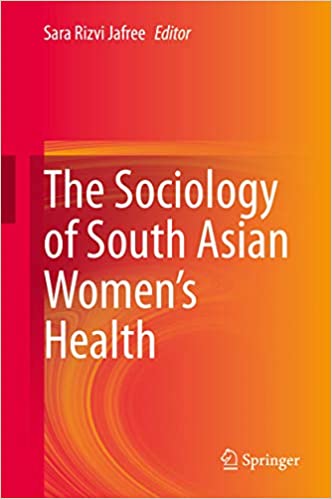Studies on South Asian women’s health have targeted clinical evidence, with less attention on social and environmental factors driving health recovery and health outcomes. The South Asian region, more than any other part of the world, is driven by traditional and cultural forces that are possibly the most significant factors determining a woman’s health awareness and her rights to adopt healthy behavior or pursue health recovery. Women of the region share a common culture and political history, and there are benefits to understanding their problems collectively in order to design joint improvements in health policy for women.
Salient, but neglected, socio-political areas that influence health behavior and health outcomes in women of the region are covered in the chapters including:
- Oral Narrations of Social Rejection Suffered by South Asian Women with Irreversible Health Conditions
- Women’s Role in Decision-Making for Health Care in South Asia
- Poverty, Health Coverage, and Credit Opportunities for South Asian Women
- Refugee, Displaced, and Climate-Affected Women of South Asia and Their Health Challenges
- The Political Sociology of South Asian Women’s Health
The Sociology of South Asian Women’s Health is a useful resource for students, researchers, and academicians, especially those interested in public health, gender, social policy, and occupational management, as well as healthcare practitioners, administrators, health and public policy-makers, government officers, and scholars of South Asian studies.











